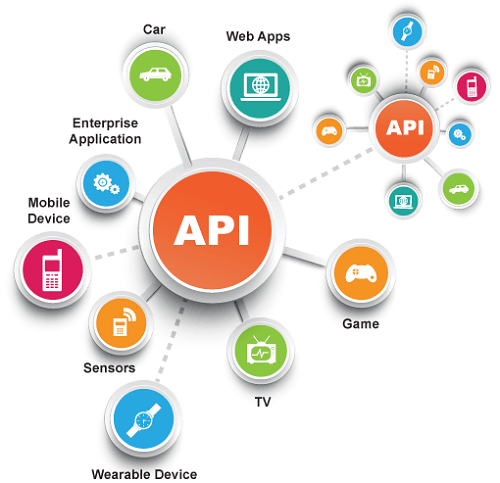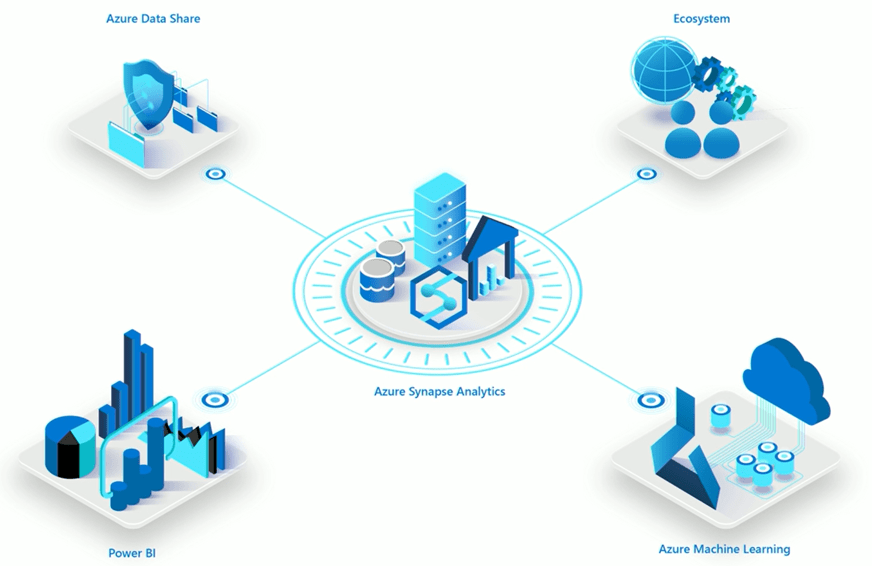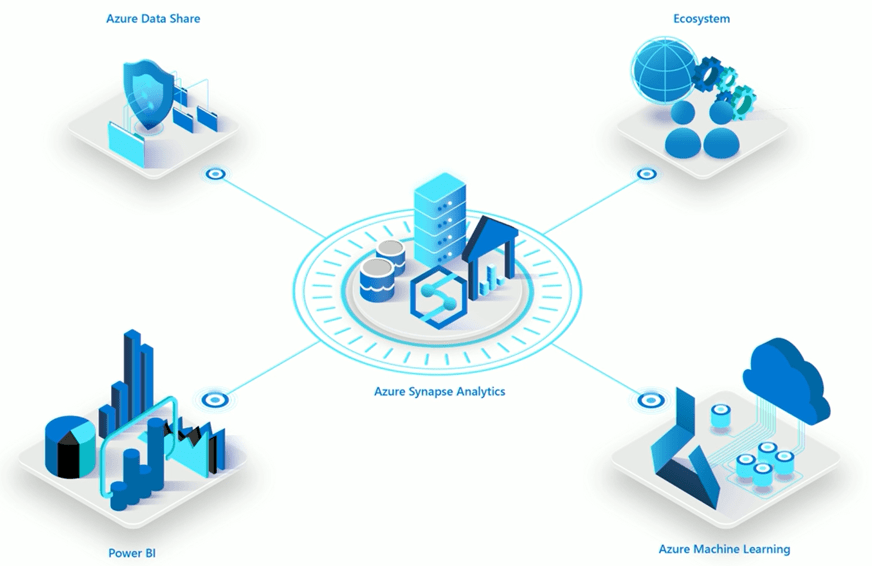APIs: The Secret Ingredient That Makes Your Apps Work
- Databases
- April 24, 2024
-

Have you ever wondered how a rideshare app knows your location, shows you the nearest driver, and even lets you pay for the ride without ever taking out your wallet? Or how a weather app can give you real-time updates on the forecast? The answer lies in something called an API.
An API, which stands for Application Programming Interface, is like a waiter in a restaurant. When you go to a restaurant, you don't have to yell back to the kitchen to order your food. Instead, you tell the waiter what you want, and they relay that message to the kitchen. The kitchen then prepares your food and sends it back to you through the waiter.
Similarly, an API acts as a middleman between two applications. One application (like your rideshare app) makes a request to the API (like the rideshare company's server), and the API retrieves the information or performs the action the application needs (like finding a driver or processing your payment). The API then sends that information back to the application (like your rideshare app), which displays it to you (like showing you the driver on a map).
Here's a breakdown of how APIs work:
Request: The application makes a request to the API. This request can be for data (like weather data) or to perform an action (like booking a ride).
Response: The API receives the request and understands what the application is asking for. It then retrieves the data from its own database or performs the action on the system it's connected to.
Delivery: Finally, the API sends a response back to the application. This response can be the data the application requested (like the weather forecast) or a confirmation that the action was successful (like your ride being booked).
Why Are APIs Important?
APIs are essential for building modern applications. They allow developers to:
Save Time and Effort: Instead of writing all the code from scratch, developers can use APIs to access existing functionality. This saves them a lot of time and effort.
Focus on Innovation: With APIs taking care of the background tasks, developers can focus on creating new and innovative features for their applications.
Create a Connected World: APIs allow applications from different companies to talk to each other. This makes it possible to create a more connected world where different services can work together seamlessly.
Examples of APIs in Everyday Life
APIs are all around us, even though we might not realize it. Here are a few examples:
Ridesharing Apps: As mentioned earlier, ridesharing apps use APIs to connect you with drivers, process payments, and track your ride.
Weather Apps: Weather apps use APIs to get real-time weather data from weather services.
Social Media Apps: Social media apps use APIs to allow you to share content from other platforms, like sharing an article from a news website on Facebook.
Payment Apps: Payment apps use APIs to connect to your bank account and process payments securely.
20240424071057.jpg)
APIs are the building blocks of the modern web. They are the invisible force that allows applications to communicate with each other and share data. The next time you use an app that seems to magically know what you need or allows you to do something effortlessly, remember the power of APIs working behind the scenes.
I hope this blog post has helped you understand what APIs are and why they are important. Feel free to leave a comment below if you have any questions.
Start Your Data Journey Today With MSAInfotech
Take the first step towards data-led growth by partnering with MSA Infotech. Whether you seek tailored solutions or expert consultation, we are here to help you harness the power of data for your business. Contact us today and let’s embark on this transformative data adventure together. Get a free consultation today!

We utilize data to transform ourselves, our clients, and the world.

Partnership with leading data platforms and certified talents



